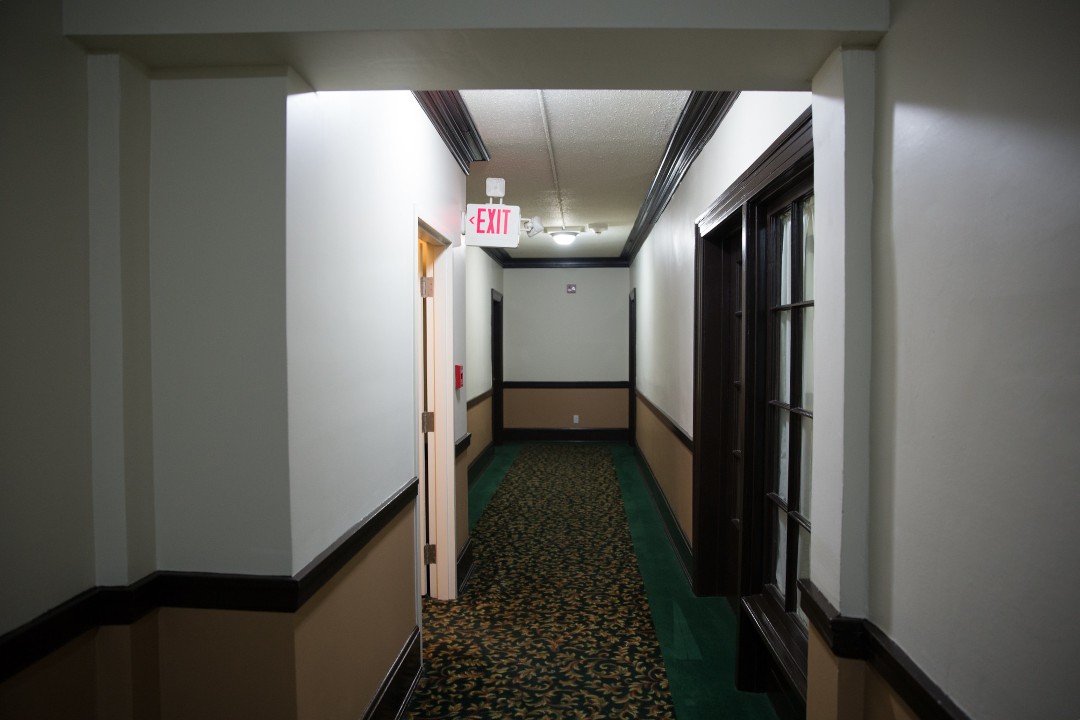
Financialization of housing puts Edmonton's affordability at risk, advocates say
Investors own nearly half of all purpose-built rental buildings in Edmonton, and as National Housing Day approaches, housing advocates warn that the city's lauded affordability could disappear if governments do not act on this fast-moving trend.
Less than 30 years ago, estimates put the amount of purpose-built rental buildings that real estate operating companies (REOCs) and real estate investment trusts (REITs) owned in Edmonton at just 1.6% of all such buildings. But that proportion reached 47% by 2022, indicates a recent study by the Affordable Housing Solutions Lab, a partnership between the City of Edmonton and the University of Alberta. That's one of the highest percentages in Canada.
The study found the proportion of buildings that REITs and REOCs own increased by 22% between 2019 and 2022 alone. Many do not expect this trend to stop rising, either. The Western Investor, for example, said Edmonton's high immigration numbers and low vacancy rates make it the top city in the country for real estate investors.
Treating rental buildings as investments, judged primarily on their ability to generate profits for investors, is a change in thinking that many have framed as the "financialization of housing." Some, such as the Canadian Centre for Housing Rights, suggest this trend is partly responsible for the loss of affordable housing stock.
To mark National Housing Day on Nov. 22, the Edmonton Coalition on Housing and Homelessness is presenting a screening at Metro Cinema of the documentary Push, which examines financialization's effect on housing affordability around the world. Leilani Farha, the former UN special rapporteur on housing, will present updates on the phenomenon via a video call, and Eric Rice will be on hand to discuss the Edmonton Affordable Housing Maintenance Fund, which he recently created through the Edmonton Community Foundation.
Edmonton housing advocates say the financialization of housing is tied to increases in rent. In 2006, 80% of rental suites in the Edmonton region went for less than $999 a month. Now, the average one-bedroom apartment goes for $1,284 in Edmonton, according to the October summary from Rentals.ca.
There is no concrete proof that the financialization of housing is a cause of increased rents, and tenants have to pay rent regardless of whether the unit is owned by a large entity or by Bill and Martha down the street. But Jim Gurnett, spokesperson for ECOHH, said most local landlords have an incentive to provide high-quality housing at a reasonable price that large financial landlords don't have.
"One of these entities can say, 'We're going to increase rent by 20% or 25%, or we're going to clean out this building of its current renters and renovate it for higher-end rental units,'" Gurnett told Taproot. "They can do those things without really worrying much about it as part of their big financial plan. The end result is that we're pushing people, at the worst, into homelessness, or into lower quality housing as the pool of what's available shrinks."







